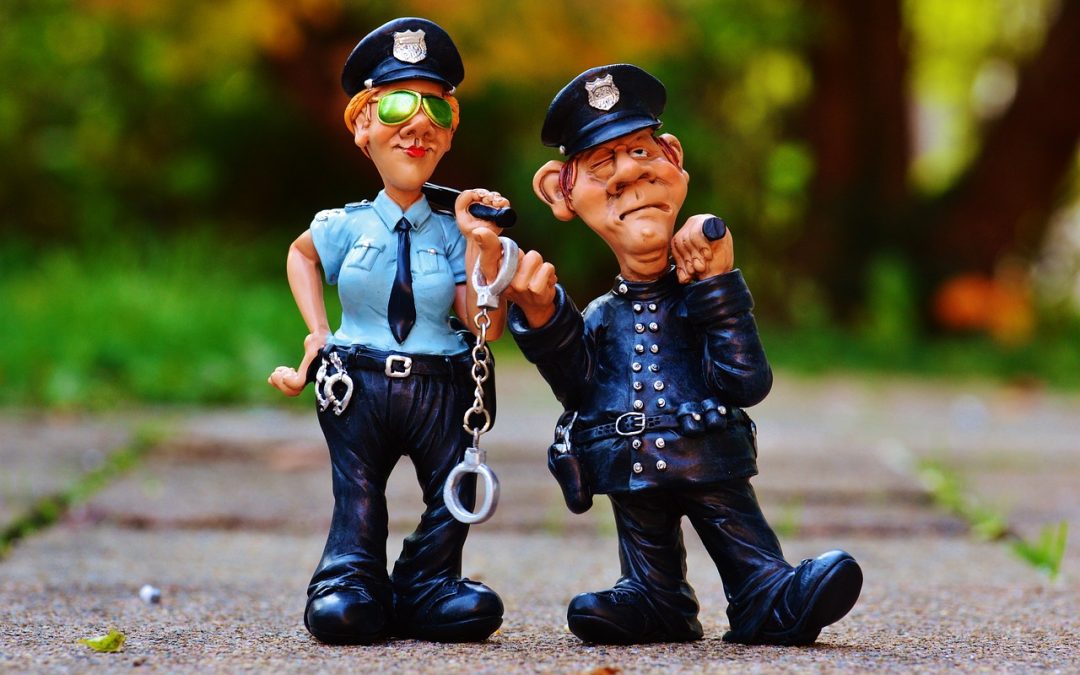In the United States, police interactions can be a complex and sensitive topic. As we strive to promote safety and respect for all individuals, it’s essential to understand the role of implicit bias in policing and everyday interactions. Implicit bias refers to the unconscious stereotypes and attitudes that can influence our decisions and actions, often without us even realizing it. This blog post aims to provide you with a nuanced understanding of implicit bias in policing and offer practical guidance on how to assert your rights while prioritizing safety and de-escalation.
Implicit bias can manifest in various ways during police interactions. For instance, research suggests that individuals from certain racial or socioeconomic backgrounds might be subject to more frequent stops, searches, or arrests, even when controlling for other factors. This doesn’t necessarily imply that individual police officers are intentionally discriminatory; however, it underscores the need for awareness and addressing systemic biases that can lead to unequal treatment.
Understanding Your Rights During Police Interactions
It’s crucial to know your rights when interacting with law enforcement. The Fourth Amendment protects individuals from unreasonable searches and seizures, and the Fifth Amendment ensures that you’re not compelled to incriminate yourself. Here are some key takeaways:
- Remain calm and respectful: Avoid arguing or becoming confrontational, as this can escalate the situation.
- Ask for identification: You have the right to ask for the officer’s name, badge number, and the reason for the stop or interaction.
- Know your rights: Politely inform the officer that you’re exercising your right to remain silent and request an attorney if questioned.
- Consent is key: Be aware that you can refuse consent for searches, but be prepared to provide identification if required by law (e.g., stop-and-identify laws in some states).
De-Escalation Techniques for a Safe Interaction
While asserting your rights is essential, it’s equally important to prioritize safety and de-escalation. Here are some techniques to help you navigate the situation:
Remember, the goal is to resolve the interaction peacefully and safely. Avoid sudden movements, keep your hands visible, and try to stay in well-lit areas. If you’re pulled over, keep your license, registration, and proof of insurance readily available to minimize interactions.
“The right to be left alone – the most comprehensive of rights and the right most valued by civilized men.” – Justice Louis Brandeis
In conclusion, understanding implicit bias in policing and everyday interactions is crucial for promoting safety, respect, and equal treatment under the law. By being aware of your rights, prioritizing de-escalation, and staying informed about laws and regulations in your area, you can help create a more just and respectful environment for all. Remember to stay calm, assert your rights, and prioritize safety – and always stay informed about local laws>
The information at Observed.Org may not pertain to every jurisdiction. It is YOUR responsibility to know your rights and observe them. Nothing here should be considered legal advice.

